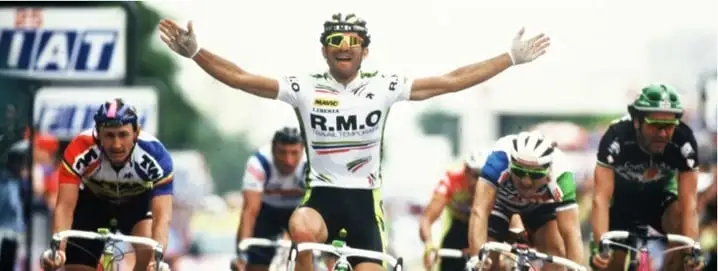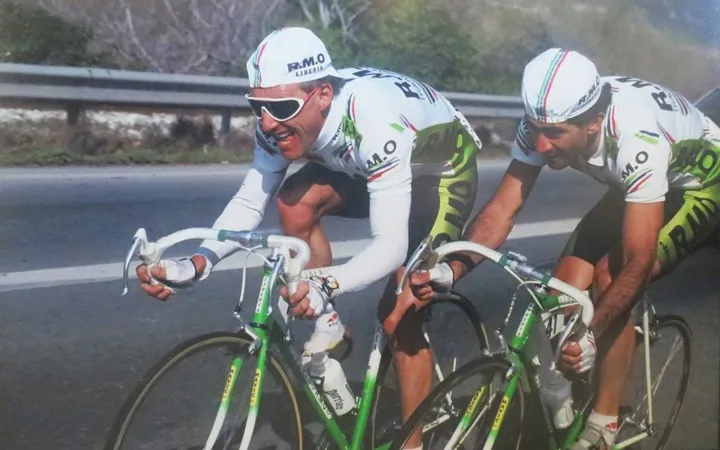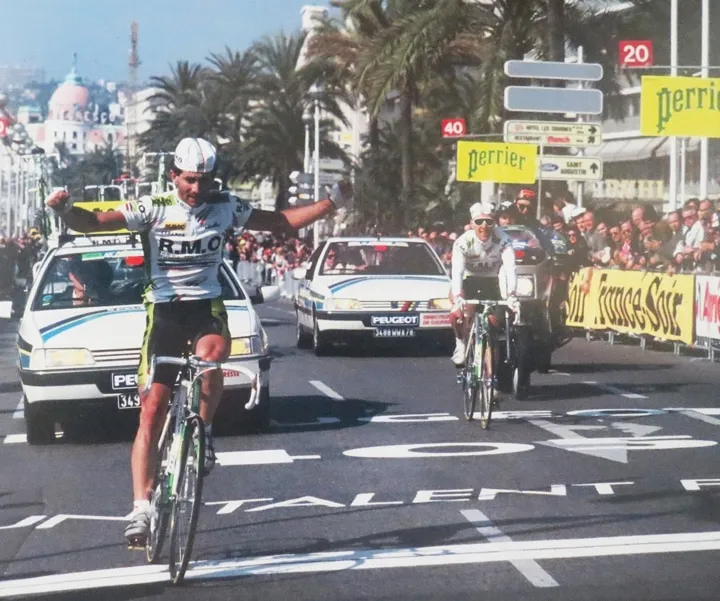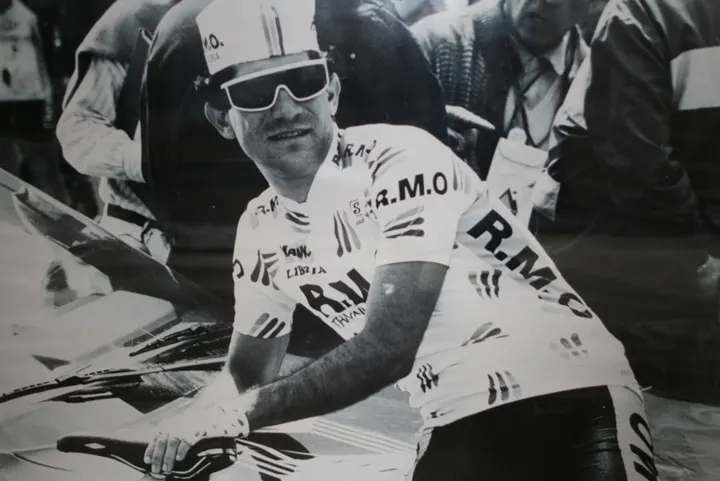In a journey back in time exactly 30 years, we revisit the epic moment when a Brazilian cyclist, Mauro Ribeiro, secured a stage victory in the prestigious Tour de France. This unique achievement remains in memory as the only triumph by a Brazilian in the renowned European competition. Among the few compatriots who participated in the Tour, such as Murilo Fischer, Renan Ferraro, Luciano Pagliarini, Wanderley Magalhães, and Mauro Ribeiro himself, the latter was the only one to step onto the podium.
The unforgettable event took place on July 14, 1991, coincidentally on the same day that marks France’s main national holiday, Bastille Day. In the city of Rennes, the cyclist from Paraná, Mauro Ribeiro, became the winner of the Tour stage, securing a margin of victory of 22 centimeters.

Ribeiro, already a junior world champion in track cycling, caught the attention of European teams and, in 1986, joined the now-defunct French cycling team RMO. In the Tour, his main mission was to support the team captain, Charly Mottet, in the pursuit of the title. However, Mauro also had his individual chances for stage victories.

In the eighth stage, Mottet faced difficulties, losing significant time. From that moment on, the other team members were given the authorization to pursue personal victories. Mauro Ribeiro did not hesitate and seized the first opportunity he had. In the ninth stage, between Alençon and Rennes, he emerged from a breakaway of 16 cyclists, choosing the right moment to attack in the last kilometer and secure the victory. Laurent Jalabert, Dmitri Konychev, and Giuseppe Calcaterra were the cyclists who arrived just after the Brazilian.
In an interview with ESPN, Mauro, who is now a businessman, reminisced about that thrilling day. “It’s something that today I think I idealize much more than at that moment. At that moment, you are involved in the competition, in the roles you are fulfilling, a few days were left for the Tour to end. It was very significant not only for my career but as a symbolic act for the globalization of cycling, which was much more concentrated in Europe.”

Regarding the last kilometer of the race, Ribeiro recalls, “I looked back because I was at the limit. I was at 65 km/h! It’s hard to go faster in a situation like that. I have the photo finish; it was 22 centimeters for me to have lost the race.”
After the victory, Ribeiro’s importance in the team immediately grew. “It transformed my career and my status compared to the big names. Greg LeMond, Gianni Bugno came and said, ‘welcome’ to the club. There are 200 who start, but less than 10% have the opportunity to win within the Tour,” highlights the Brazilian cyclist. In the same edition of the Tour, Ribeiro achieved another good result, a third-place finish in the 15th stage, thus concluding his participation in this memorable journey through international cycling.



